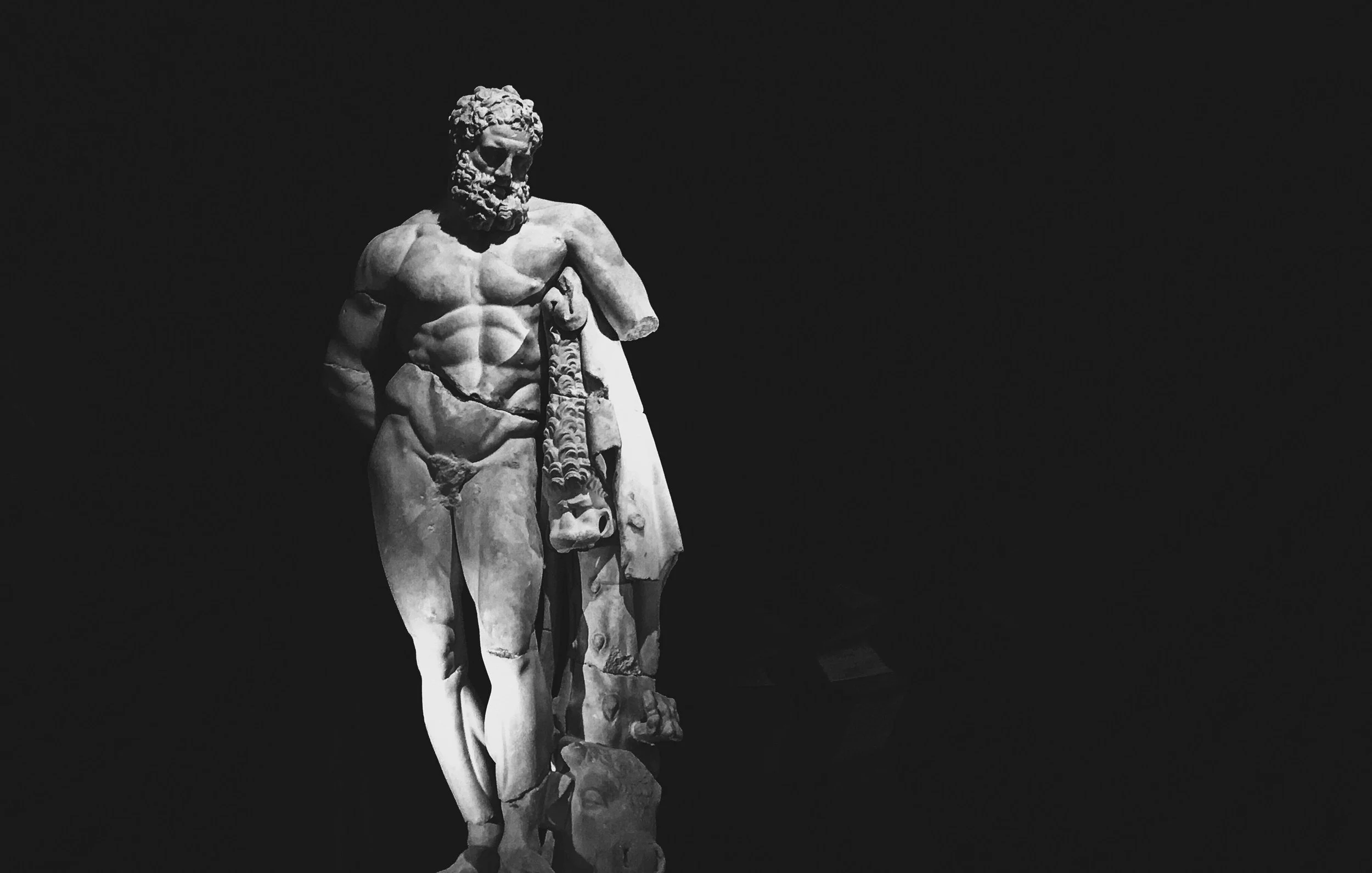“Science has proved that the body and the mind are indeed connected” – we hear a prominent scientist say in a big podcast with millions of viewers. A ridiculous statement by any good standard, this phrase is descriptive of the current state of affairs in Western society. I would like to hear an alternative theory from someone – can they point me to a place on a map where “the mind” is located, if we were to disconnect the two? Do we not know that all bodily movement is controlled by the nervous system, which contains the brain, and gives rise to the mind? Or did I miss something, and science has taken a religious turn, supposing that there is a soul that determines the individual and not the matter?
This dichotomy has been forced on us for over 2 millennia. It started with the pre-Socratic philosophers, who planted the seed of dividing mind and body into two separate entities by contemplating the different natures of the experience of one and the other. It was followed by the spread of Christianity, which saw the body as little more than an inconvenient vessel for the eternal soul, a vessel with a tendency for a sin thus pulling us away from the divine. The penultimate nail in the coffin was driven by René Descartes in the 17th century. He held the belief that if one thing can be conceived as existing without another, then they are fundamentally different. The last straw that broke the camel’s back was the Industrial Revolution, which made it possible for the majority of the population to make a living without the necessity of daily movement, creating an illusion of possibility to completely abandon taking care of the body.
The line of thought of Descartes has a certain logic: our experiences correlated with either the mind or the body are fundamentally different. We perceive a thought in a way that is very distinct from a physical sensation. Emotion, which is another big piece of the equation, is a kind of in-between phenomenon, because depending on who you ask, they will report experiencing it either in the mind or in the body. The scientific method that “killed God” and replaced him in the 20th century has pretended for a very long time to have this matter settled, but the further the relatively modern field of neuroscience develops, the more baffled it leaves its adepts in relation to out brains´ function. The fact of the matter is that we have no clear idea of what emotions are or how the mind really works, even though we have certain bits of information here and there. Honest scientists admit this; the others continue doubling down on their assumptions.
So we have scientists who theorize about things by trying to imagine perfect conditions, and then we have practitioners who engage with reality in a different way, but often stay silent about it. “The mind and the body,” as goes the quote from prominent dance teacher and thinker Rasmus Ölme, “are inseparable. They are two sides of the same coin. The only way to see both sides of the coin is when the coin is spinning, when it is in movement.” The abandonment of physicality, forced on Western societies by the industrial and now technological revolutions, is the core issue that plagues these societies. The skyrocketing rates of mental and physical illness, the lack of cohesion and direction in many people’s lives, are all symptoms of abandoning ourselves. There is a big difference between experiencing life and endlessly thinking about it – a difference most people do not even realize exists.
Two hundred years ago, everyone was a practitioner by necessity. You could not escape this reality simply because your life depended on it – putting food on the table, building a house, taking care of children – everything was a direct responsibility of every member of the family and the broader society, and there was no other means but physical labour. The craftsman had to create their produce by putting in hours of work, building things that lasted for generations. Artists had little motivation to create beyond art itself, and they had no other way to spend time but contemplating. A single piece of work could take years to finalize, and everyone understood that this was the real value of things. We still feel awe at these works of art – a feeling that rarely happens with contemporary pieces.
Getting your hands on a book was an incredible privilege until very recently, and people cherished this opportunity by paying undivided attention to every letter in it. Today, nothing has inherent value; information travels at the speed of light, and food gets delivered to your doorstep. We collect books instead of reading them. Physical labour provided a certain connection to reality that is lost in the loftiness of today’s lives. We now have the possibility to engage with concepts and ideas that are never put into practice. This can never provide a solid sense of what is really important, or simply true. We have transferred ourselves into the abstract world of Platonic ideas, abandoning the grounding of the flesh which made these ideas possible in the first place. I believe most people today would happily upload their consciousness into a computer for the simple reason that they do not want the responsibility of taking care of the body. I doubt strongly, however, that this would improve their lifes.
To be clear, I am grateful for the advancements of technology and the commodities I can afford in today’s world. In any case, the only other option is to be ungrateful and bitter about it, which is not such a great alternative. I do not believe in the myth of the noble savage; there is no going back. The modern world gives us the possibility to choose to engage with life in a different way. A farmer in the 15th century had no option but to work the land, yet he was limited in his ability to be conscious about the way he conducted his life. Today, if you choose to be a farmer, it reveals a very different build of character. Still, there is the issue of people seeing the body as an obstacle to their life. If you examine this thought, it appears ridiculous – what are we even talking about here? The Western conditioning of this dualism is so deeply ingrained into the minds of most people that they can barely perceive the reality of being the body, rather than simply having a body, as we inconveniently put it in our common language.
There is no separation between the two. There can be an argument about the existence of a third element – the spirit, or soul, or universal consciousness – which people have been debating for thousands of years. This is not the territory i will enter this time around. In any case, the only way for us to experience and know this deeper expression of ourselves is through the form we currently take – flesh and bones. Unfortunately, even language is tricky here, because we still talk about connecting or disconnecting, as though either is an actual possibility. We should also consider language as only one part of the equation, and a treacherous one at that.
What we call mind and body are just two categories of experience, not two separate entities. They exist in one space, but manifest themselves in very distinct fashions – which is why, when we examine them, there appears to be a separation. This happens, however, only in a superfluous examination that is using the discursive method, which is what Descartes did and this is how he got to profoundly confuse many generations. We cannot go too far using only this method, because it cancels a whole chunk of experience that is significantly more important. We need to start taking seriously the reality of the physical and treat it with the same rigour that we treat intellectual ideas. We need to stop treating movement as a secondary element, and see only one single side of it, bastardized and simplified by the fitness industry. We need to take a look at ourselves and admit – there is no part of my experience that is unimportant, there is no part of me that I can leave behind.

